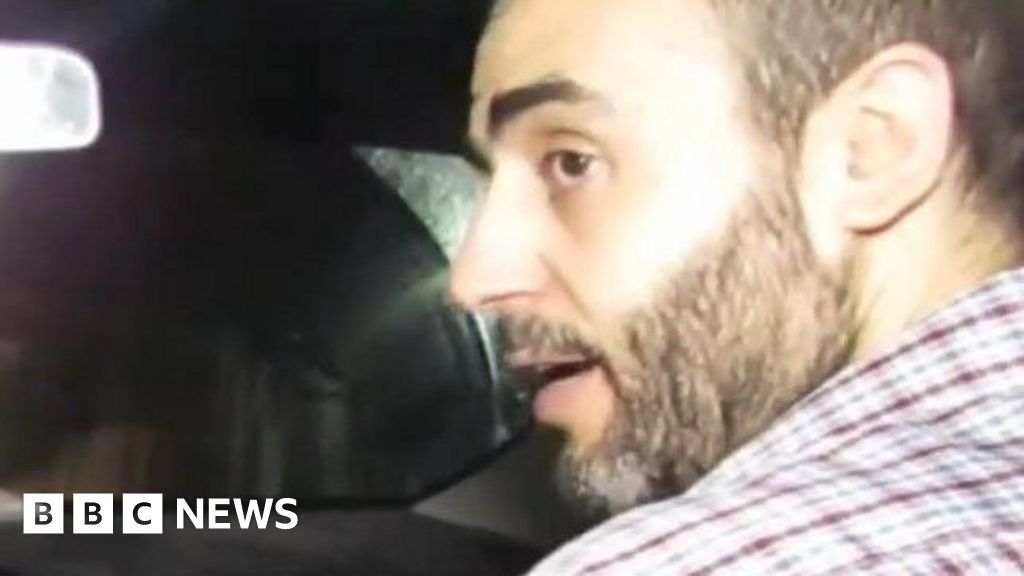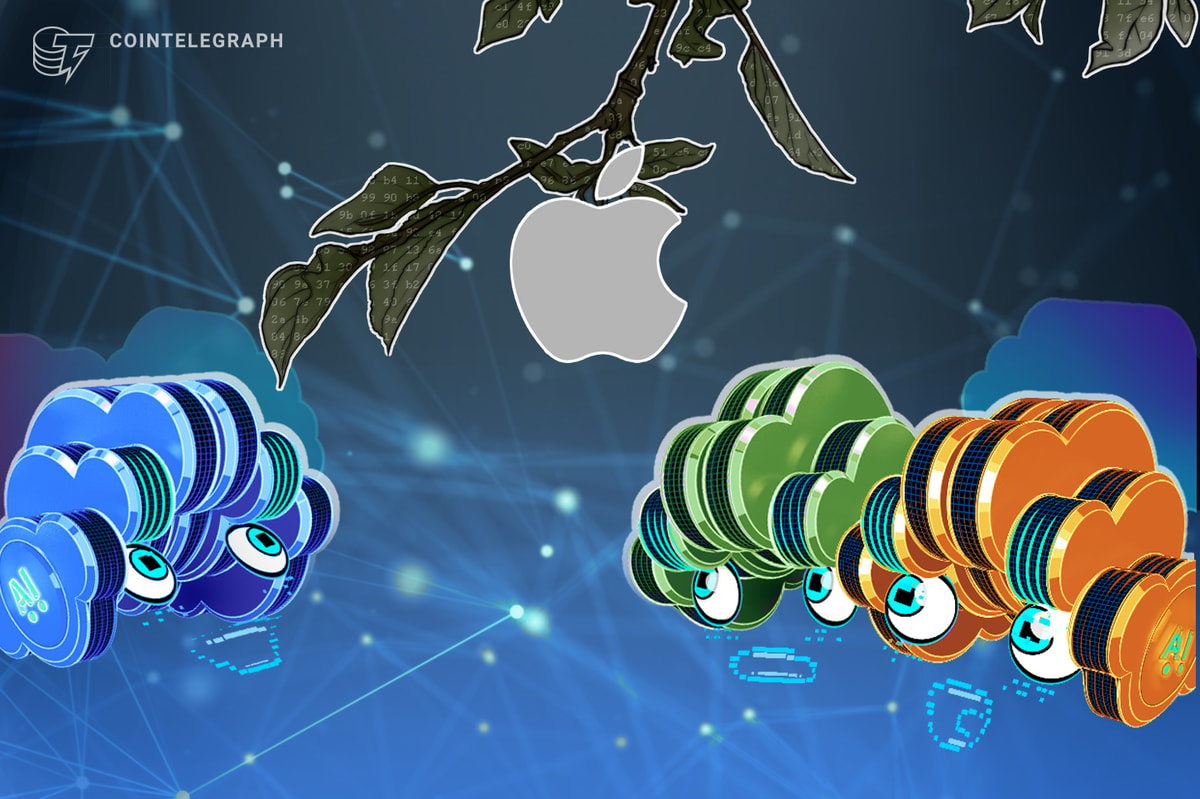Ireland’s lush pastures and deep-rooted agricultural traditions have long made it a global dairy powerhouse. But with agriculture contributing nearly 38% of the country’s greenhouse gas emissions — four times the EU average — there’s no escaping the uncomfortable truth: Ireland’s booming dairy sector must evolve to meet the country’s climate targets.
To respond to this pressing challenge, Environmental Defense Fund Europe (EDF Europe) and EIT Climate-KIC partnered to explore a new vision for sustainable dairy. The goal? To co-create a future-proof model that balances climate action with economic resilience in Ireland’s rural heartlands.
Below, we’ll outline a new roadmap for sustainable dairy.
A framework for sustainable dairy in Ireland
The key question is: what does a resilient, efficient and sufficient Irish dairy sector look like? Dairy is the economic engine of rural Ireland. It represents less than 15% of farms but generates nearly 60% of all farm income. Cooperatives, largely farmer-owned, distribute dairy’s €6.4 billion ($7.4 billion) export value directly into local communities. However, this economic success comes at an environmental cost.
Against this backdrop, EDF Europe’s work with Climate-KIC couldn’t be timelier. The project zooms in on the dairy value chain, proposing a framework for a just and comprehensive shift that addresses Ireland’s high agricultural emissions, particularly methane from livestock enteric fermentation and manure.
Working closely with farmers
Central to this framework is a “four returns” model that considers not just economic and environmental outcomes but also social and inspirational impacts, such as appreciation for the role that sustainable dairy could play and job satisfaction for farmers. Early findings highlight key priorities viewed by the farmers themselves: profitability, lifestyle, biodiversity and a shift toward farm system thinking over narrow dairy metrics.
Implementing pathways towards a new normal hasn’t and won’t be easy. Many cooperatives remain cautious about the overlap with existing schemes and shaken by losses from recent regulatory changes in the European Union. New initiatives thus need to offer tangible value and a durable horizon without duplicating what’s already underway.
With fresh funding secured to commence implementation in 2025, the initiative is moving into a new phase: testing methane-reducing innovations that are ready now and working with stakeholders to overcome practical and economic barriers. The focus is on action that can deliver fast, scalable impact. Already, leading Irish dairy co-operative Carbery has announced their participation.
What’s next for Ireland?
Longer term, Ireland is developing a National Carbon Farming Framework, which aims to align with the EU’s Carbon Removal Certification Framework. This framework, if successful in addressing methane reduction urgently, offers a powerful opportunity for Irish dairy farmers to become climate and environmental stewards, harnessing the potential of their operations.
To accelerate momentum, policymakers must ensure the framework prioritizes methane action and also supports biodiversity gains and water quality improvements — areas Irish farmers have identified as critical — while aligning Common Agricultural Policy (CAP) measures and other EU policies with national climate goals. At the same time, cooperatives and processors can actively help shape and test the sustainable dairy framework by working closely with farmers to address real-world barriers to adoption and invest in proven methane-reducing solutions like feed additives and improved manure management.
It’s clear Ireland’s dairy future is at a crossroads. With the right support, farmers and cooperatives can lead a just transition, one that protects livelihoods while delivering real climate progress. EDF and Climate-KIC’s work is proving that the ambition, innovation and local leadership required for this transformation already exist. Now is the time to support them.
This effort takes place within a portfolio of initiatives developed by Climate-KIC in collaboration with Ireland’s Department of Agriculture, Food and the Marine (DAFM). Our joint initiative maps the dairy ecosystem with help from partners including Metabolic, the Bioregional Weaving Lab, and MJB Consulting to map the dairy ecosystem, identify leverage points, and draft a pragmatic sustainable dairy framework.









 English (US) ·
English (US) ·